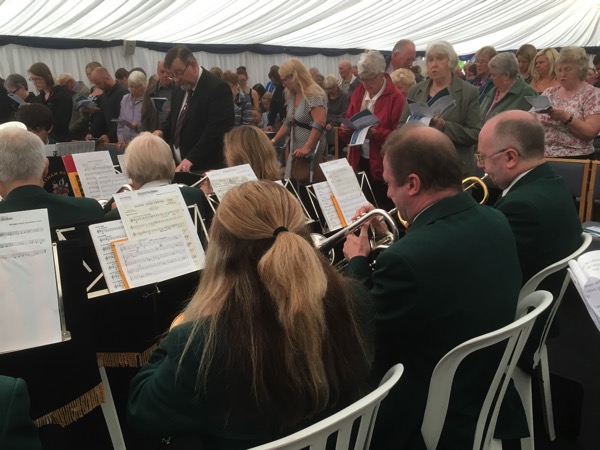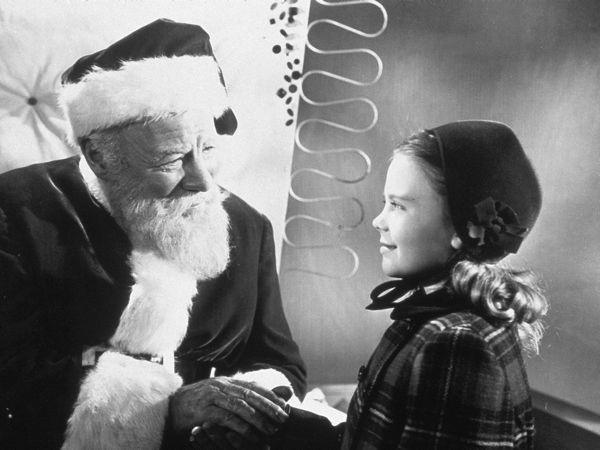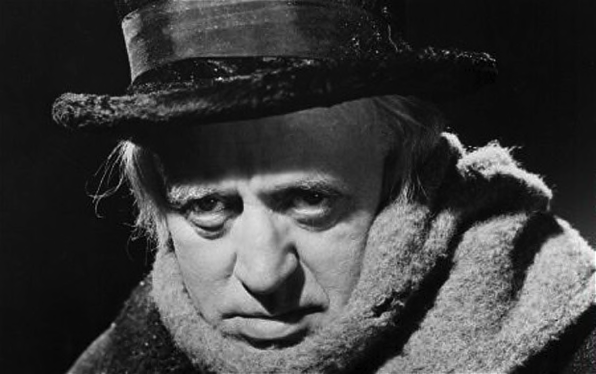Reading and Reflection at the Summer Memorial Service,
Carmountside Crematorium, Stoke-on-Trent 12 June 2016
The Lord is my Shepherd (Psalm 23 AV)
The Lord is my shepherd; I shall not want.
He maketh me to lie down in green pastures:
he leadeth me beside the still waters.
He restoreth my soul:
he leadeth me in the paths of righteousness for his name's sake.
Yea, though I walk through the valley of the shadow of death,
I will fear no evil: for thou art with me;
thy rod and thy staff they comfort me.
Thou preparest a table before me in the presence of mine enemies
thou anointest my head with oil; my cup runneth over.
Surely goodness and mercy shall follow me all the days of my life:
and I will dwell in the house of the Lord for ever.
Translation is the Authorised, or King James, Version.
Reflection

I chose that reading because I guess it is very familiar to almost all of us. This psalm, in an Old English translation, was put into verse to make what may well be the best known hymn in the English language.
“The Lord’s my Shepherd, I shall not want
He makes me down to lie …”
You may well have chosen this hymn for the funeral service for your own loved ones - and if you didn’t, you almost certainly have heard it or sung it at the funeral for another. It is chosen for weddings, too, and on many other occasions.
You may be surprised though, to learn that it has only been sung in England relatively recently, and the story of its popularity is particularly relevant today.
It is of course taken from an ancient writing. The 23rd Psalm is Jewish poem thought to have been written by King David about 800 years before the coming of Jesus. It was translated into English about 500 years ago, and then put into a rhyming form by the Scottish Presbyterians, in the 17th Century. And there it stayed, known and sung in Scotland, but not really anywhere else.
But then, in the last century, a young girl whose family originated from Germany, who was born and grew up in England, got to know this hymn when she went to Church on her family holidays in Scotland. In the years before the war, She became close to a young man of Greek birth and also Danish background, whose family had fled political turmoil in Greece just before the war, and who had sought refuge in Britain. During the war he served in the Royal Navy, and regularly exchanged letters. Once the war was over, he asked her father for his daughter’s hand in marriage, and for her wedding service she chose this little known hymn.
That was the moment when the “Scottish Hymn” (as people came to call it) came to be known to a much wider audience - throughout the whole the United Kingdom, and indeed the world - because that wedding, on 20 November 1947, a moment of colour in the drabness of the early years after the war, was broadcast on the radio and throughout the world.
The immense popularity of this hymn today, The reason why you chose it or heard it in your Church or at a wedding or a funeral is in large part down to that young girl.
That young girl was, of course, Princess Elizabeth, she who became Queen Elizabeth II, and it is her 90th Official Birthday which is being celebrated up and down the country this weekend.
And because she chose it for her wedding, it has become loved and cherished by so many ever since.
But why did she choose it? And why did it then become so popular, so well known? No doubt for its pleasant and easy tune. No doubt for its simple, yet memorable language.
Yet there is, I think, more.
Queen Elizabeth is both a very public yet also a quite private person, and she speaks rarely about her own opinions and beliefs - yet we do know that her Christian faith is something which is very important to her. We also know that for all the material comfort and privilege she has enjoyed, she has not been spared from the anxieties of family life, nor indeed the pains of shocking bereavement and loss, all too public, all too tragic.
And these ancient words which have come to us across the centuries and through the variety of faiths and languages and cultures touched her and so many of us.
… I walk through the valley of the shadow of death ...
In loss we suffer pain, we walk through darkness.
And yet we also find comfort. Much of that is in the memories which we cherish. That is partly why we are here today.
But there is more. In the middle of our darkness we find another comfort too …
Though I walk through the valley of the shadow of death, I will fear no evil :
for thou art with me.
We find comfort not only in remembering, but also in sharing our sorrow with others. Coming together with others who grieve is a help in our sadness. Even in the depth of our tears, we find a sense of peace. The touch, the embrace, and the presence of others who know loss too, can give us hope.
Whatever our belief in God (or not), however strong or weak our own faith, however clear or confused our own ideas about this life and the next, those around us give us a glimpse of a hope and a comfort which is a natural accompaniment to the happiest of our memories.
Goodness and mercy shall follow me all the days of my life …
It is an intuition, a hint, a Hope, that as the goodness and mercy, the closeness and caring and compassion of those who are around us may help us through our darkest hours, our own valley of the shadow of death, so perhaps there may also be a goodness and mercy from those who have gone before us, a hope - however difficult to understand - that they are still close to us, and that we will be with them once again.
Goodness and mercy shall follow me all the days of my life …
This is the hope of which this ancient text speaks. These are the words which moved the Princess Elizabeth more than 70 years ago. These are the words which touch the hearts of so many, and which are so familiar to us today.
Surely goodness and mercy shall follow me all the days of my life:
and I will dwell in the house of the Lord for ever.
 Despite the rise of twitter and Skype and email and FaceTime we still send and receive Christmas Cards. I got mine from the Archbishop the other day. It has got his signature on, but it looks as if it is printed.
Despite the rise of twitter and Skype and email and FaceTime we still send and receive Christmas Cards. I got mine from the Archbishop the other day. It has got his signature on, but it looks as if it is printed. 



















